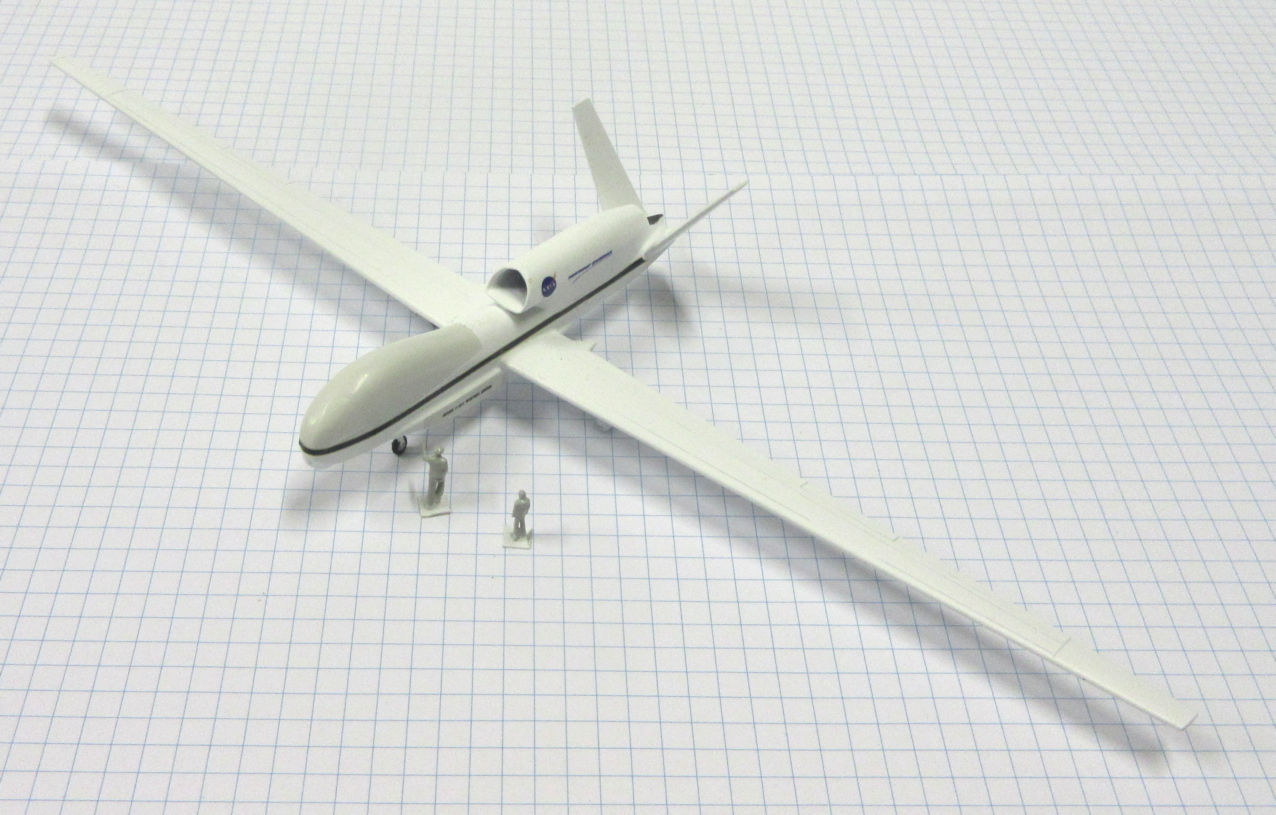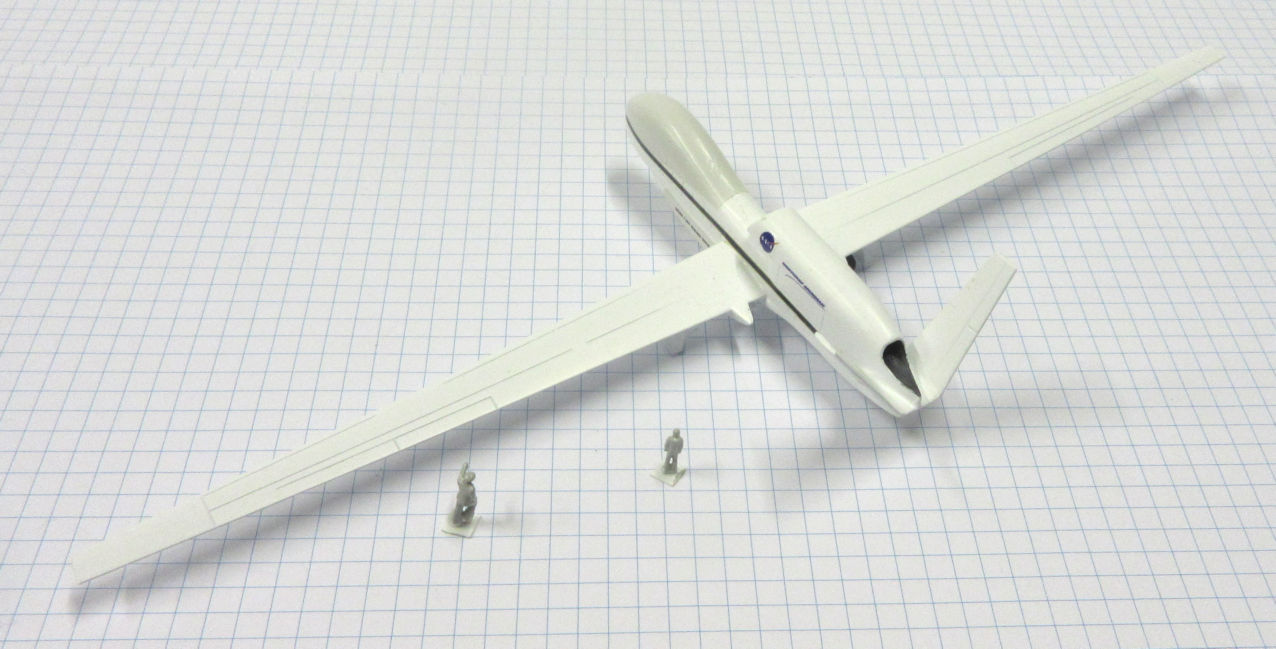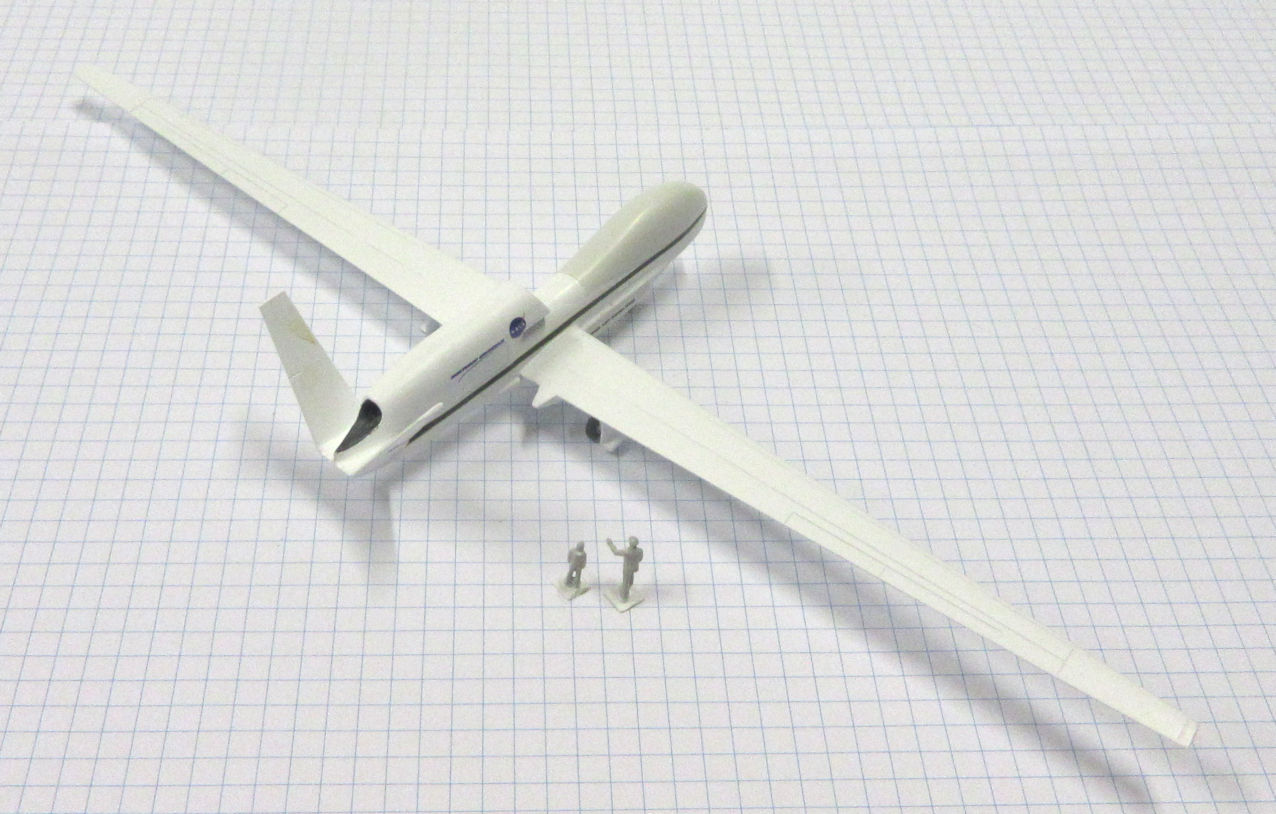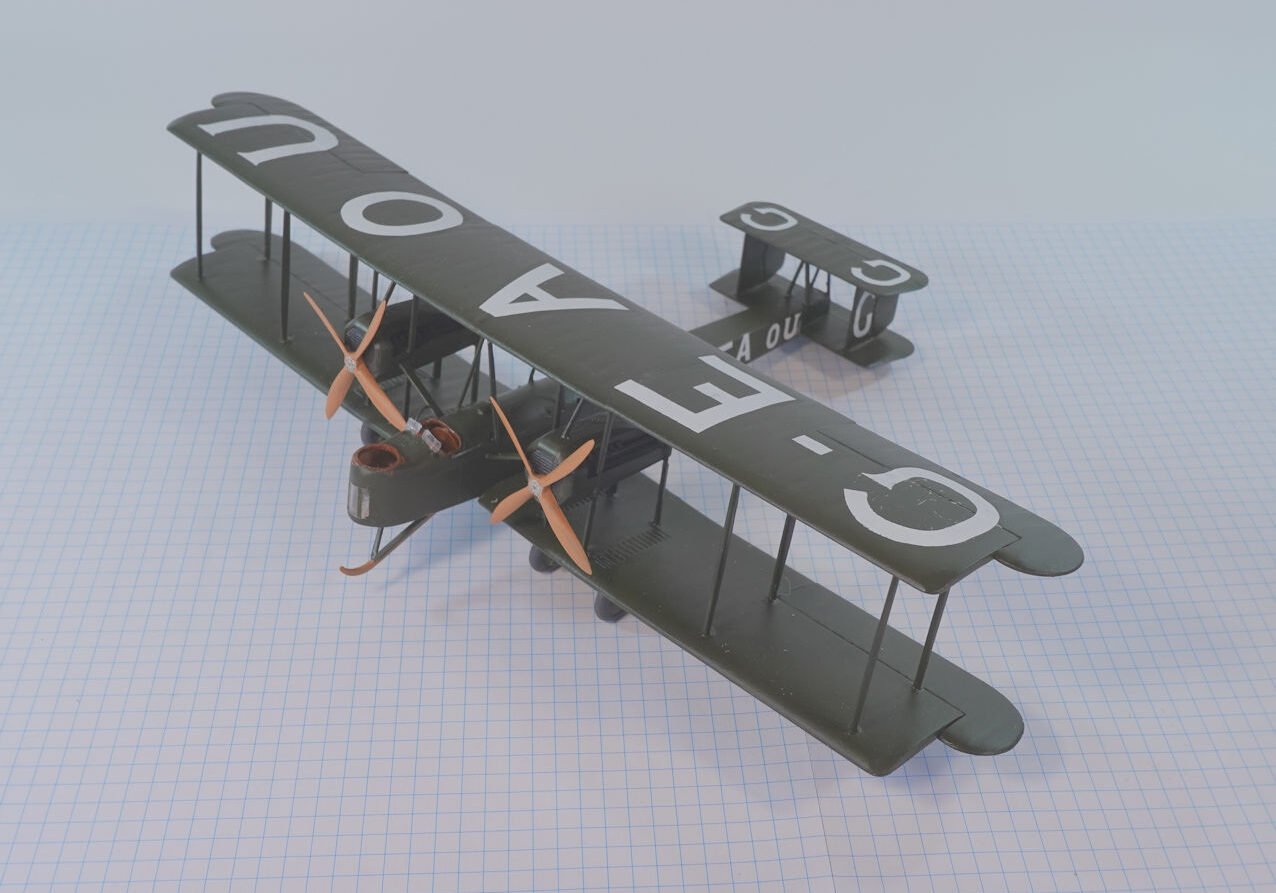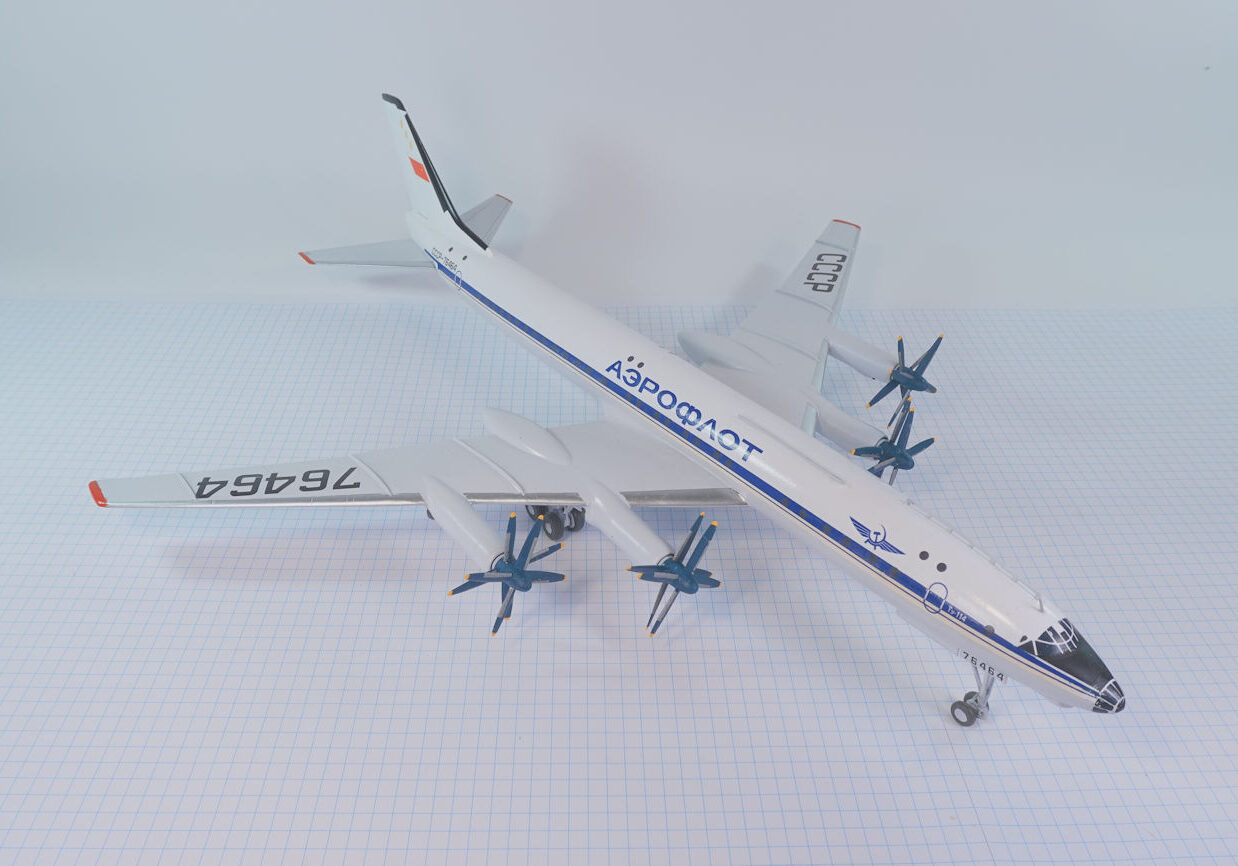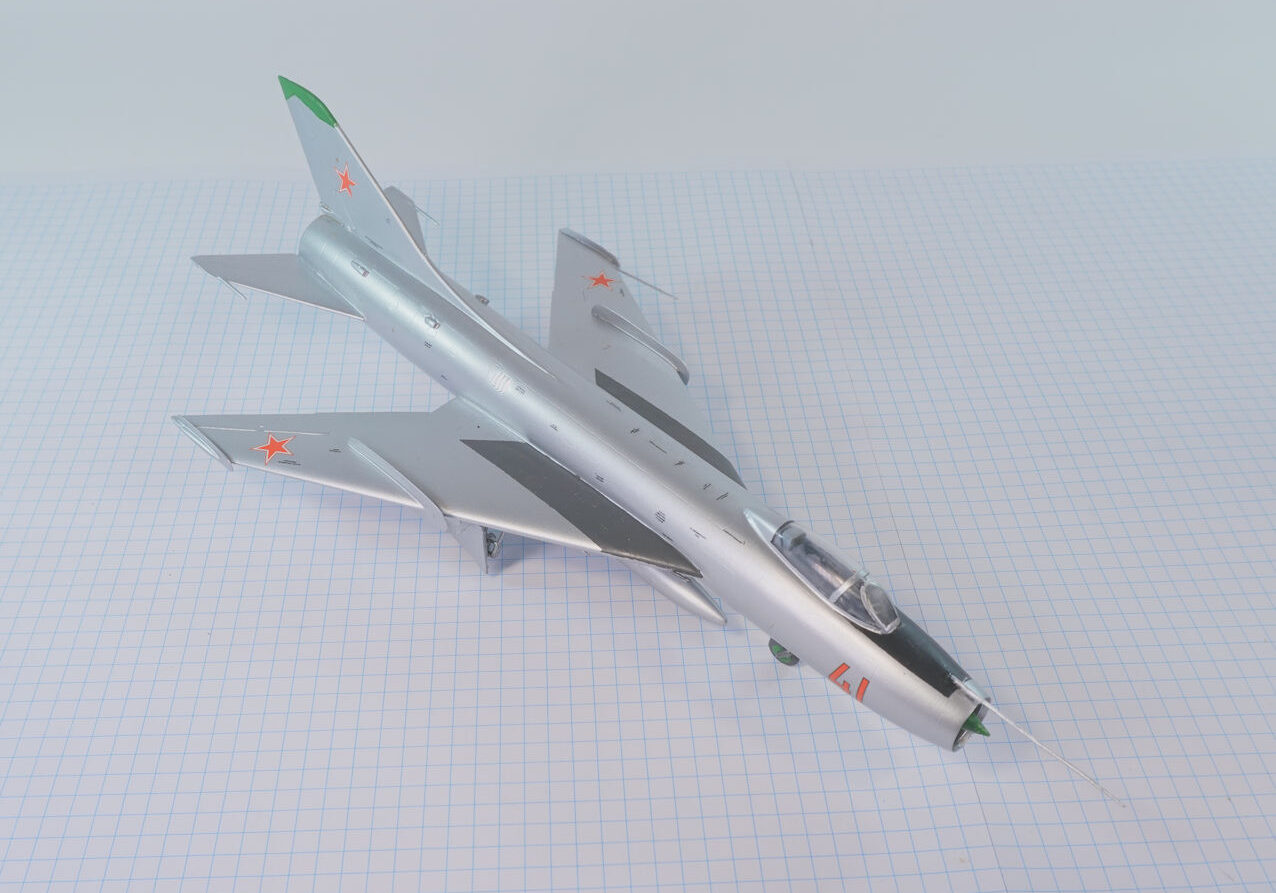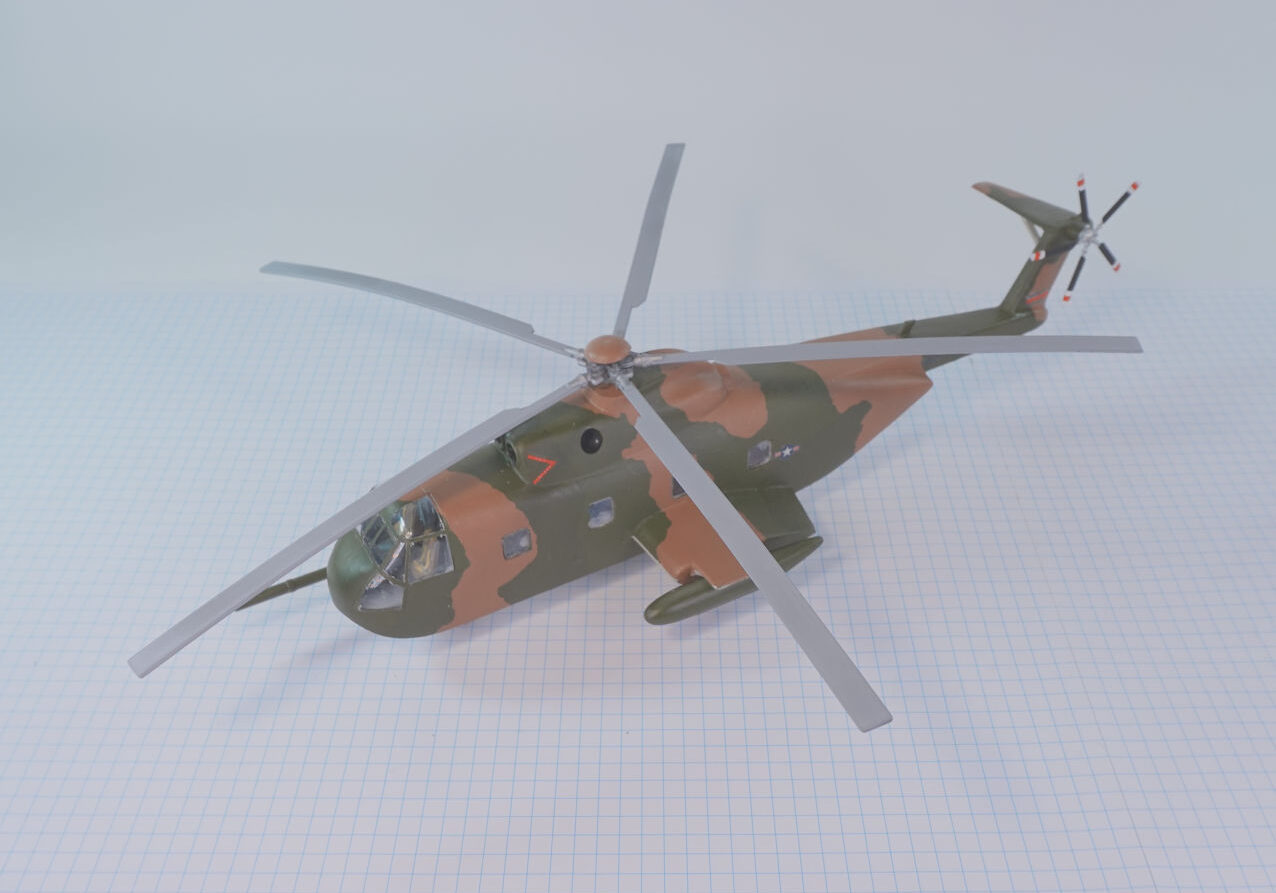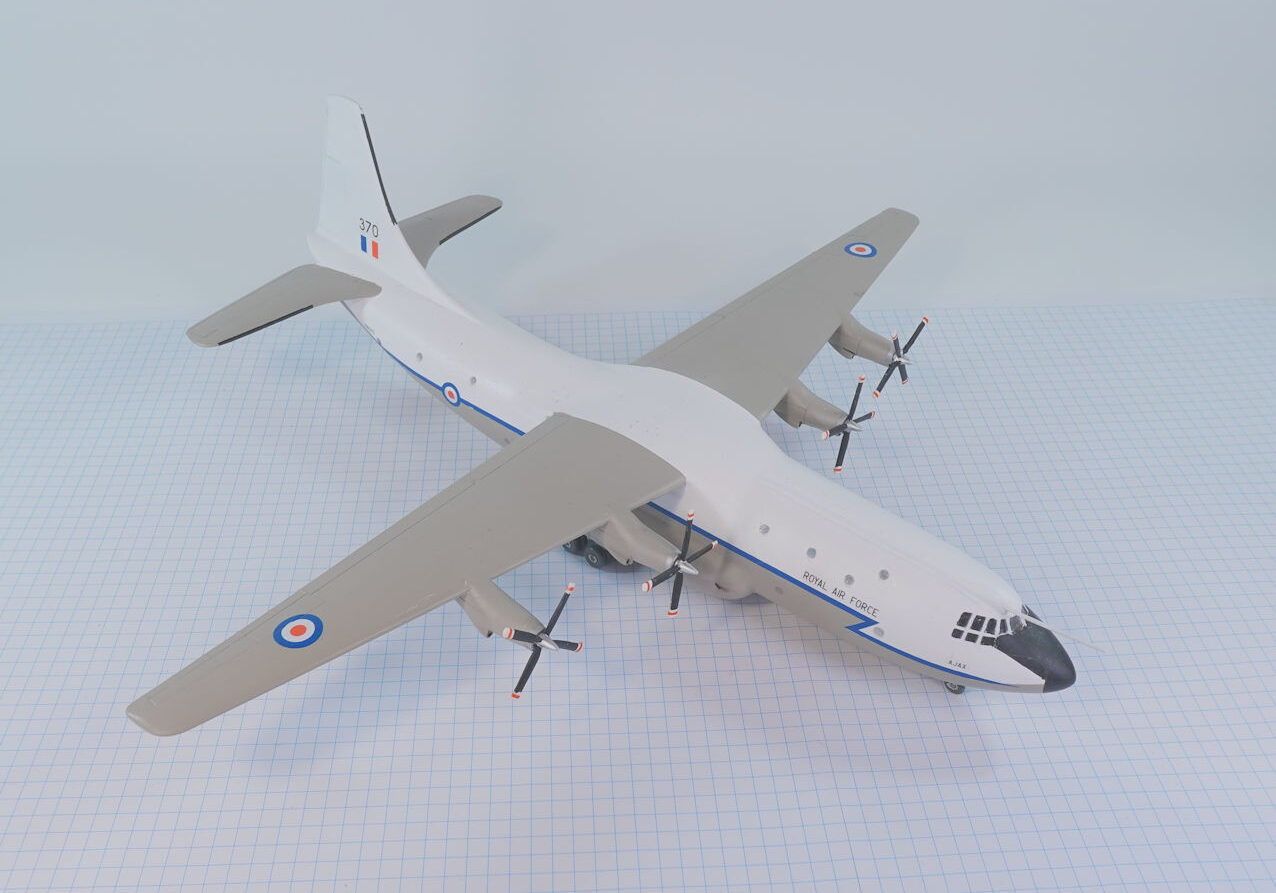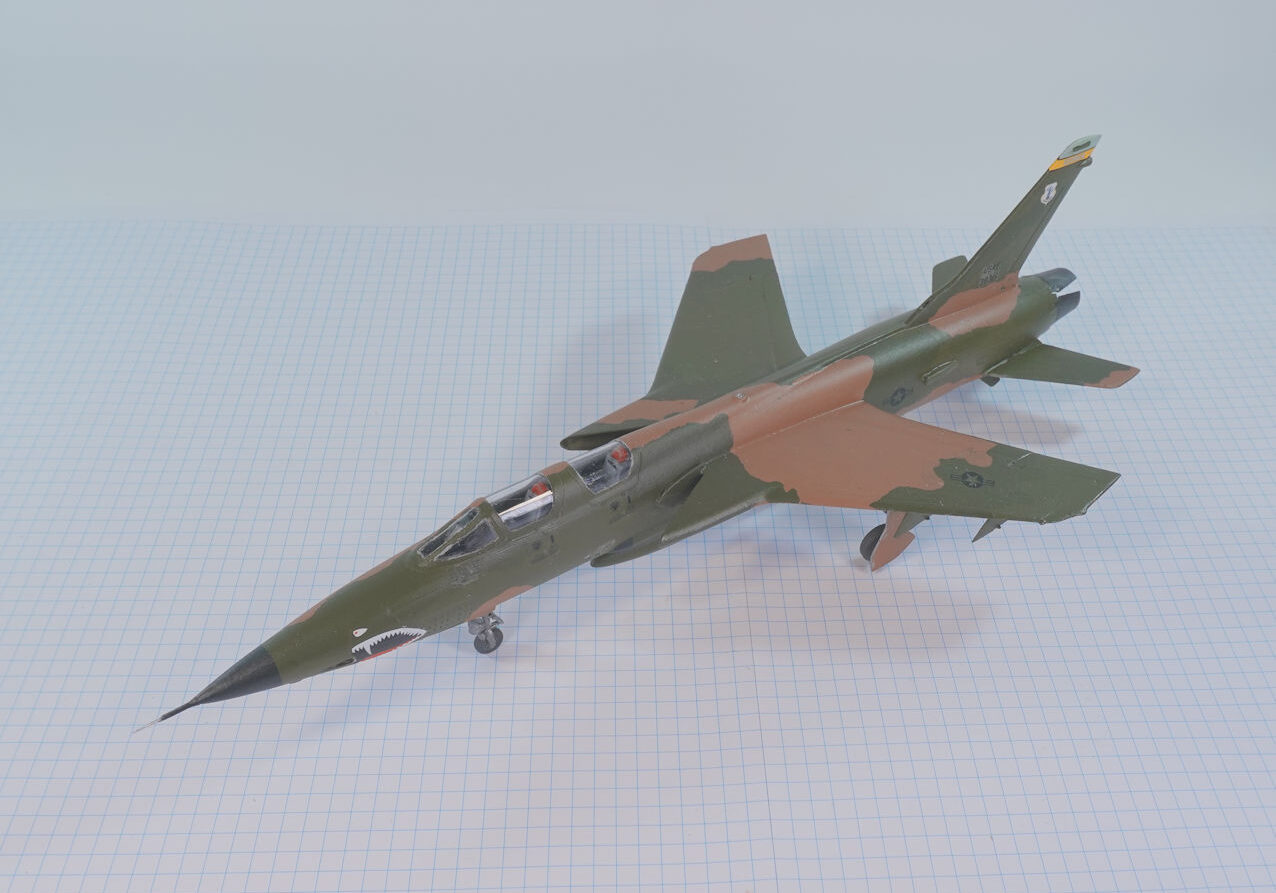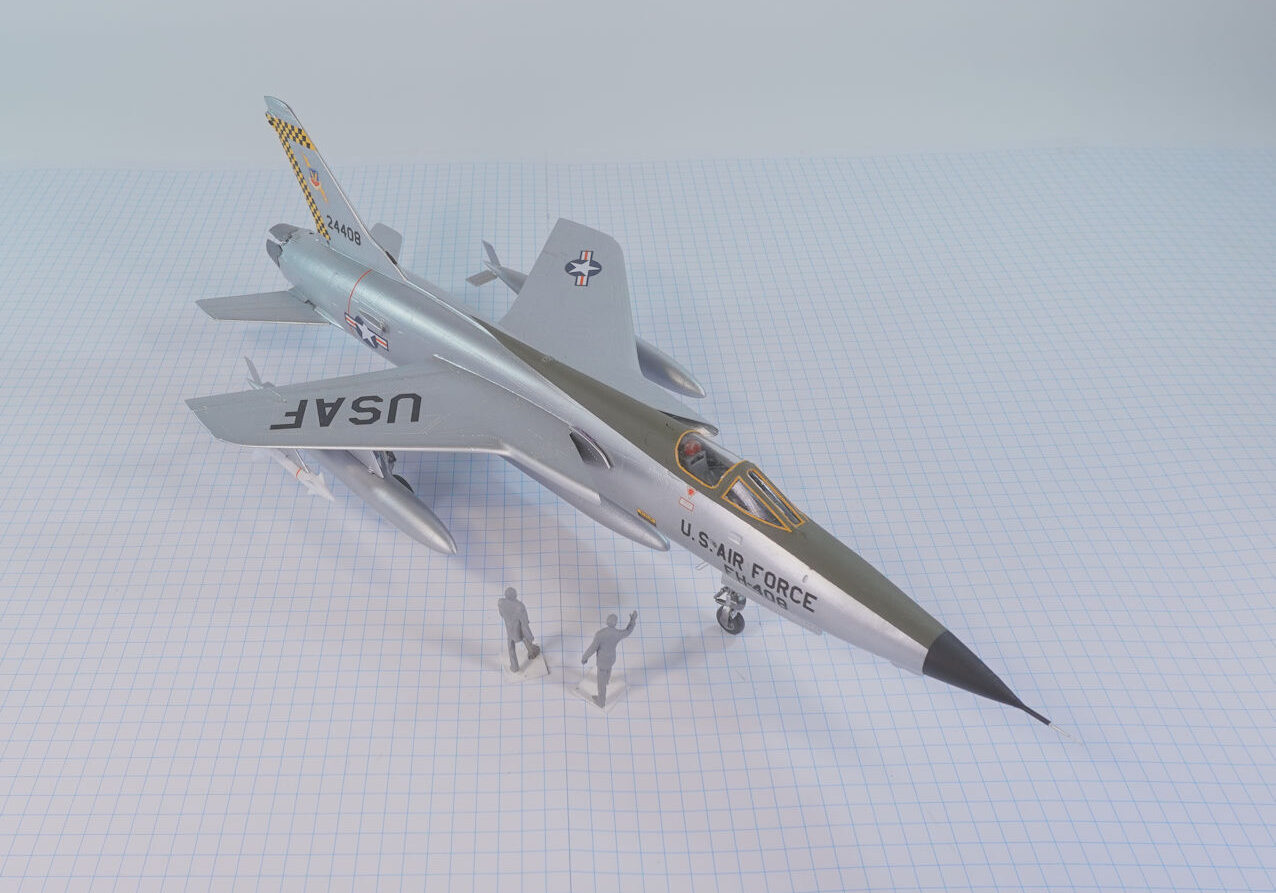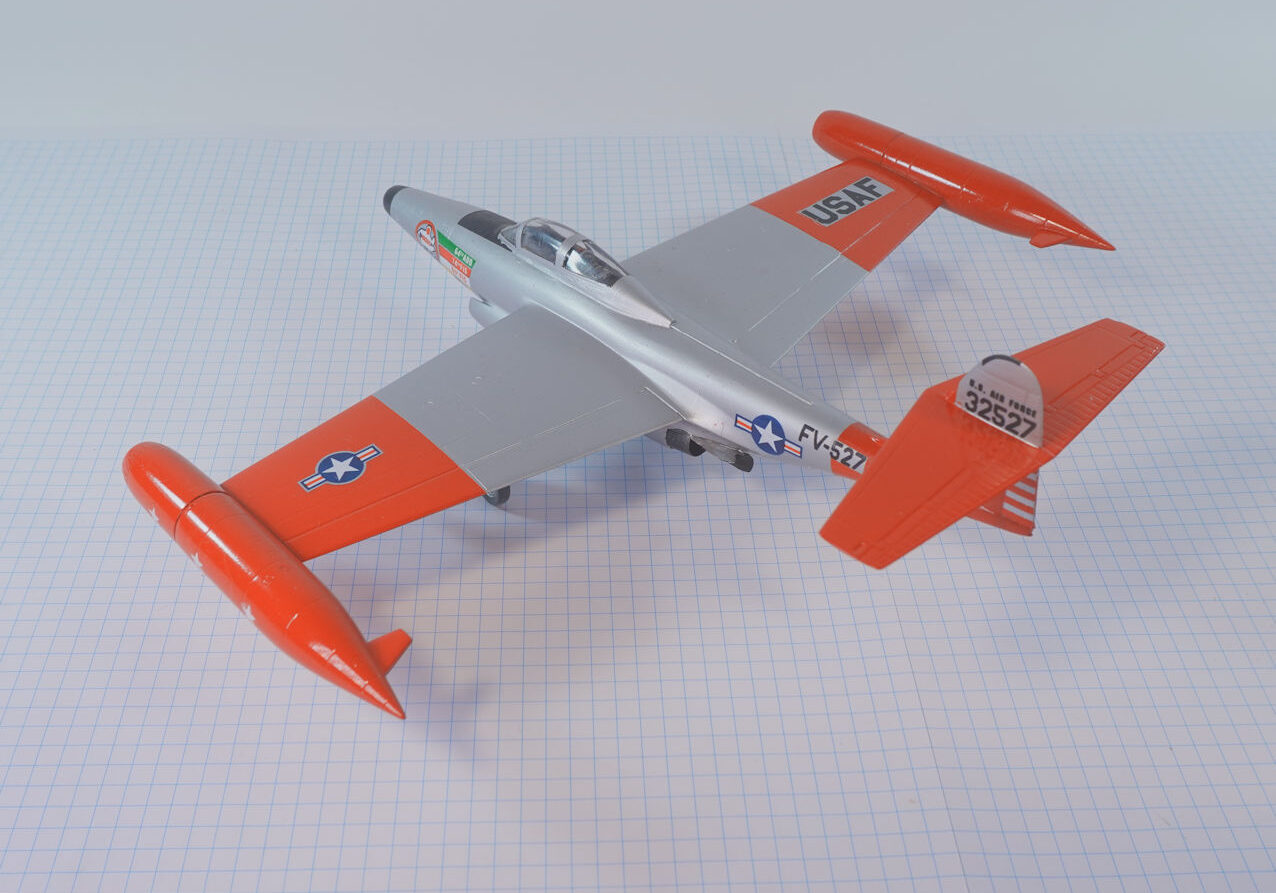History
The Northrop Grumman RQ-4B is an unmanned aerial vehicle developed in the United States during the 1990s. It is capable of surveying as much as 100,00 square kilometres of terrain a day in real-time with a wide range of sensors.
Development of the RQ-4 began in 1994 to create a ‘high altitude endurance’ unmanned aerial vehicle as one of a range of these new kinds of aeroplanes.
The first concept development demonstrator flew for the first time in February 1998 and low rate production commenced in February 2002.
After 16 RQ-4As had been produced production switched to the larger RQ-4B which allowed the aeroplane to carry an additional 3000 pounds of equipment, and the first flight occurred on 1 March 2007.
RQ-4s flight test evaluations were performed by the 452nd Flight Test Squadron and they have been used operationally in the Iraq and Afghanistan wars, flying from bases in the Unites States.
This model represents a RQ-4B operated by NASA circa 2010.
Miniwings 1/144 kit completed by Leigh Edmonds in June 2017.





